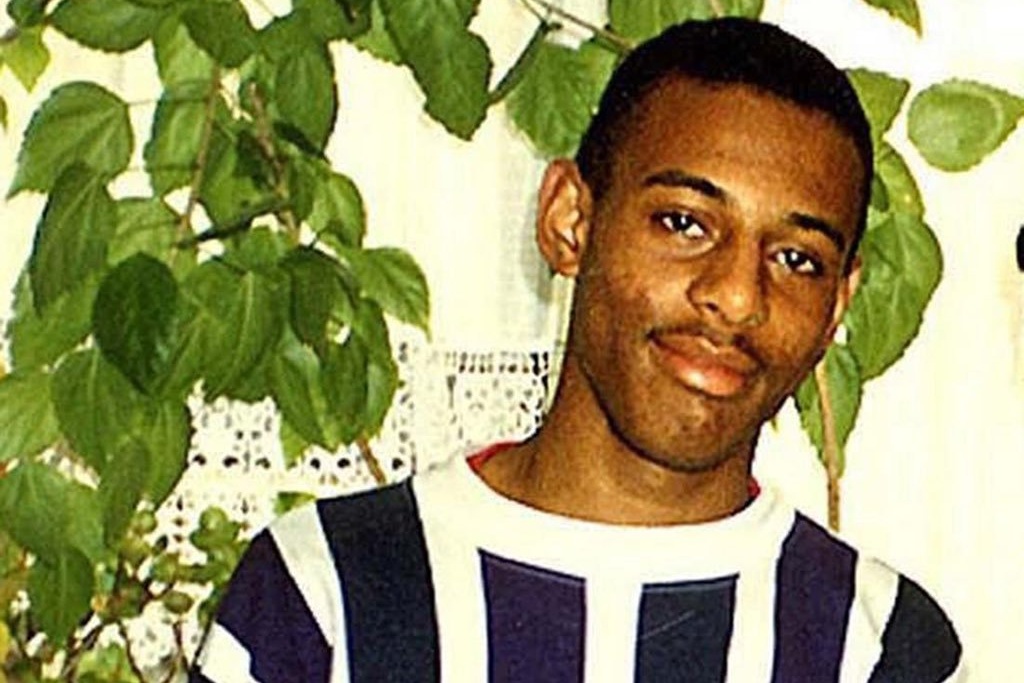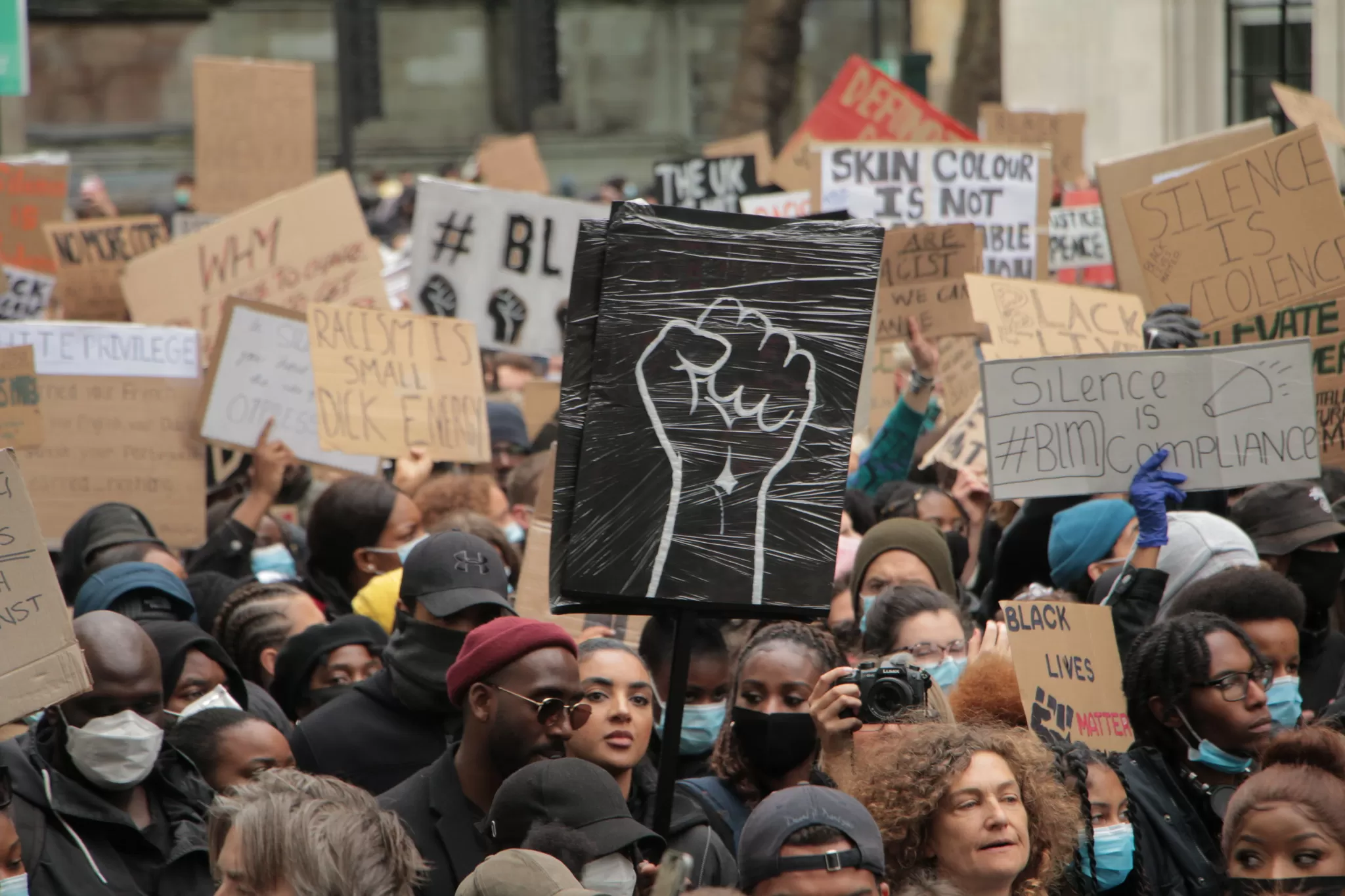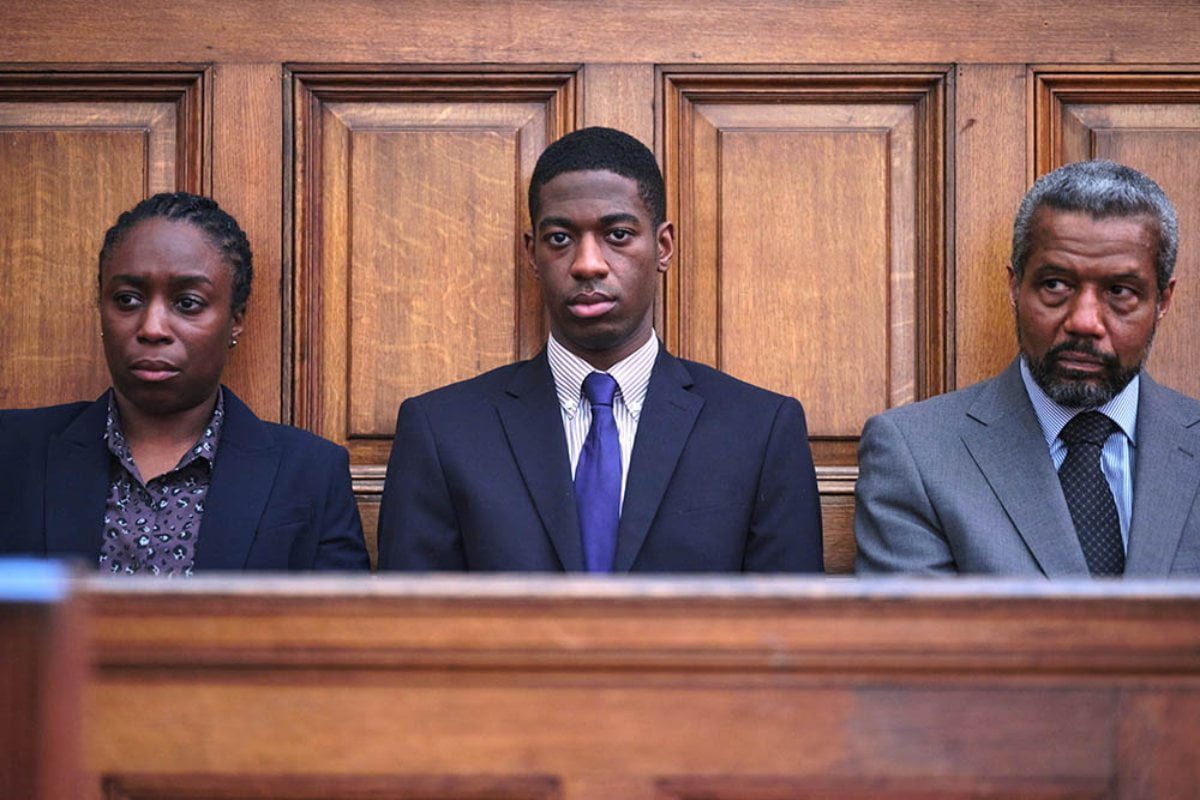A new TV series covering the events surrounding the investigation into the murder of Stephen Lawrence demonstrates the corruption and racism that runs deep within the police. The fight for justice is a fight to overthrow this rotten system.
The new ITV show Stephen is a three-part series that dramatises the investigation into the murder of Stephen Lawrence in 1993. The investigation (which was the third to take place) was only completed in 2012, 19 years later.
Stephen was killed in a racist attack by a mob of white men. In the immediate aftermath of the event, Stephen’s parents gave the names of those they knew to be the attackers to the police. The police did nothing with the information, however, and instead spent time and resources spying on the Lawrence family, trying to discredit them and their campaign for justice.
Contempt
 The show opens with Doreen Lawrence giving a speech at an architect site, in memory of her son’s hope to be an architect one day. “When my son died, the police thought it was just another black boy stabbed. There is no such thing as just another black boy.”
The show opens with Doreen Lawrence giving a speech at an architect site, in memory of her son’s hope to be an architect one day. “When my son died, the police thought it was just another black boy stabbed. There is no such thing as just another black boy.”
This feeling is one that can be traced from 1993 up to today. In March this year, a young black student (Richard Okorogheye, 19) went missing from his home. He was later found dead in Epping Forest. Richard’s mother claimed that when his case was first reported, the police “did nothing”, and seemed to ‘count the minutes’ when she would call about her son. This issue with the police has not gone away.
The contempt and hostility the Met police felt toward Stephen Lawrence and his family meant it took three investigations and 19 years until any form of justice was served. Even with this, only two of Stephen’s murderers were arrested, with the other alleged killers left free.
Corrupt
 The show follows how Doreen Lawrence went through countless meetings with the IPCC (Independent Police Complaints Commission), who were reluctant to pursue leads that implicated the police with corruption.
The show follows how Doreen Lawrence went through countless meetings with the IPCC (Independent Police Complaints Commission), who were reluctant to pursue leads that implicated the police with corruption.
The IPCC, is supposed to be an independent body to investigate police conduct. However, fewer than one in 10 police officers found to have potentially committed gross misconduct by the watchdog are actually dismissed. As Doreen Lawrence says in the show “I don’t have confidence in police officers investigating police officers”.
Botched forensics – whether deliberate or mistaken – severely impacted the case. But what becomes clear throughout the show is the heavy reluctance from senior officers in the Met to allow the police to come out ‘looking bad’.
Justice for Stephen Lawrence was a secondary issue, and the new officers working on the investigation found themselves in an uphill battle.
Brutal
In one particularly harrowing scene, we watch the DCI who was leading the case create a technical reconstruction of the attack, in order to bring home to the forensics officers the brutality that Lawrence suffered. This demonstrates how, in the whir of the media, and a sensationalised case, the humanity of Stephen was completely stripped. The reconstruction bluntly provides the viewers with the cold, harsh reality of the violence of that night.
In the backdrop of the show are references to Boris Johnson’s campaign for London Mayor at this time. We even hear Doreen Lawrence condemn Johnson’s racism, and comments about black people as ‘piccaninnies’ with ‘watermelon smiles’.
One radio commentator exclaims ‘He’ll never be prime minister’. As we know, this prediction proves false. But the inclusion of it shines light on how racism – from Nobson and Dorris (Lawrence’s murderers) to the Prime Minister himself – has been unchallenged and allowed to foster in society.
The show also introduces Richard Adams, the father of a 15-year-old black boy from south east London, who was similarly killed and stabbed to death in a racist attack in 1991. In the show’s depiction, we see the two fathers discuss whether forgiveness is possible for their sons’ murderers.
Richard Adams states: “When England gets angry about black children being lynched in the streets, maybe then I’ll let go of my anger. I’m not going to cheapen my son’s life with forgiveness. […] When my son was killed, the BNP called his murderers heroes of the white race […] the police attacked and harassed our children when we protested, and let the racists go free.”
In this speech, we hear the anger and pain that countless black people in Britain feel. The violent racism that for decades went at best unnoticed, and at its worst was encouraged by the police, has left deep feelings that cannot simply be undone by reviews.
Scandal
 The show follows the particular determination of DCI Driscoll, who – despite mounting pressure from Senior Met officials – achieves convictions for two of Stephen’s murderers. We see the judge say at the end of the trial, “This case has brought shame to the Met”, and he encourages Driscoll to continue.
The show follows the particular determination of DCI Driscoll, who – despite mounting pressure from Senior Met officials – achieves convictions for two of Stephen’s murderers. We see the judge say at the end of the trial, “This case has brought shame to the Met”, and he encourages Driscoll to continue.
Scandalously, we then witness his compulsory retirement. It leaves the viewers with only one conclusion: the Metropolitan Police were fearful that his continued investigation into the case would further reveal the mishandling and institutionalised racism and corruption that runs deep throughout the police.
Just last year, the case was dismissed, once again marking how the Lawrence family has been shut off from justice. That the family has been forced to move mountains for only two of the killers to be charged is an indictment on the entire justice system.
It is in Stephen’s memory that we must continue the fight for an end to racist violence and this racist society.






